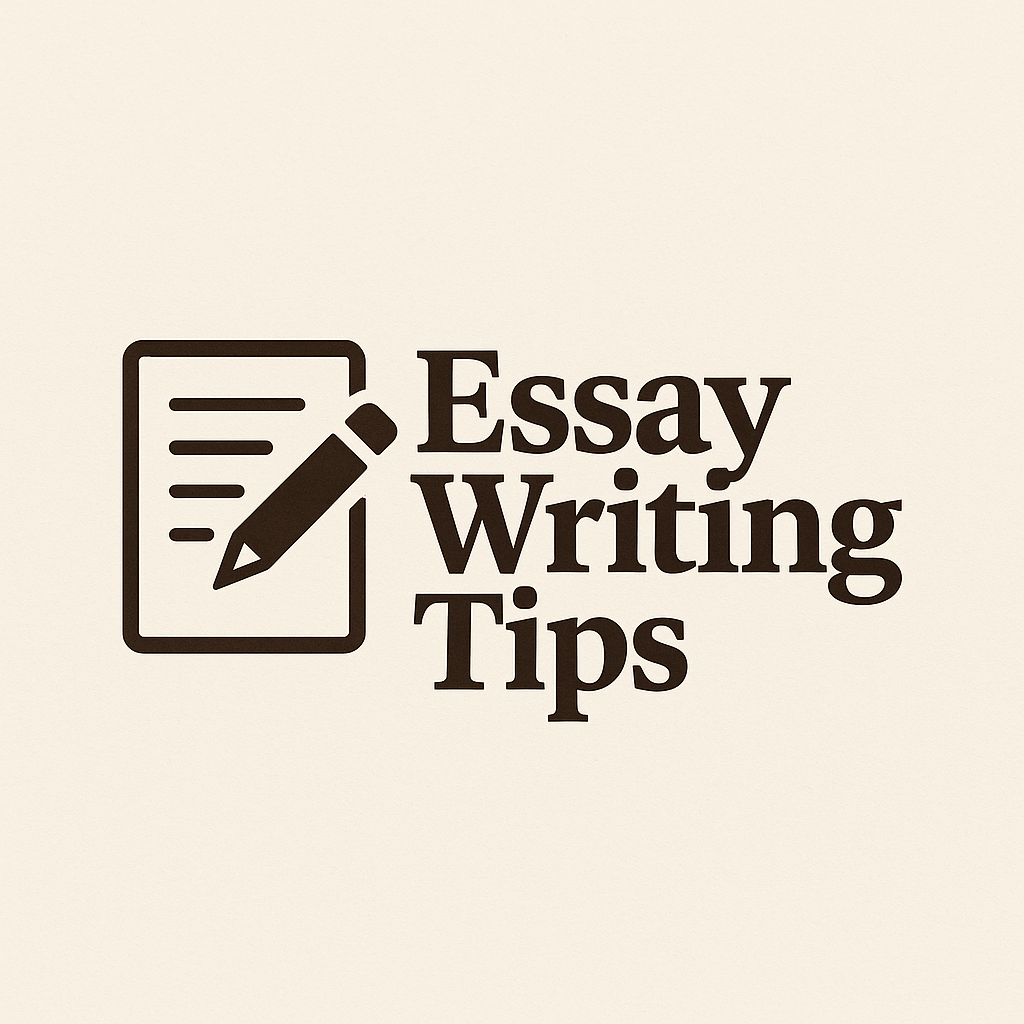How to Write an Essay That Actually Says Something | Essay Writing Tips
Learn how to write an essay that truly stands out. Discover essay writing tips on structure, thesis statements, and academic clarity to improve your writing.

How to Write an Essay That Actually Says Something
Introduction
Most essays fail not because the writer lacks intelligence, but because the writing lacks direction. Whether you’re in high school or university, the difference between an average essay and a strong one often lies in clarity and purpose. A good essay doesn’t just fill space — it communicates an idea clearly and persuasively.
1. Start with a Solid Thesis Statement
Your thesis is the essay’s backbone. It tells the reader exactly what you’re trying to prove. Avoid vague statements like “There are many effects of climate change.” Instead, write something focused:
“Climate change intensifies global inequality by disproportionately affecting developing nations.”
A strong thesis gives your essay focus and confidence.
2. Structure Is Everything
Every paragraph should serve your thesis. Think of each section as a building block:
-
Introduction: Present your argument and hook the reader.
-
Body Paragraphs: Discuss one main idea per paragraph, supported by evidence or examples.
-
Conclusion: Summarize and show why your argument matters.
Consistency in structure makes your essay easier to follow and harder to misunderstand.
3. Use Simple, Clear Language
Complex vocabulary doesn’t make you sound smarter — clarity does. Replace filler words with strong verbs. Instead of saying “It is of great importance that students learn time management,” say “Students must learn time management.”
Clear sentences reflect clear thinking.
4. Maintain Logical Flow
Each paragraph should connect smoothly to the next. Use transitions like furthermore, however, in contrast, and as a result to guide the reader.
When revising, ask yourself:
-
Does this paragraph build on the last one?
-
Does it move the argument forward?
If not, rewrite or remove it.
5. Revise With a Reader’s Eye
After you finish writing, take a break. Then read your essay as if it were someone else’s. Ask:
-
Does my thesis still make sense?
-
Are my examples strong enough?
-
Is there any unnecessary repetition?
Editing turns your essay from rough to refined. It’s where good writing becomes great writing.
Conclusion
A great essay doesn’t just share facts — it delivers insight. When you write with structure, clarity, and purpose, your words start to mean something. And when your essay actually says something, readers will always want to listen.